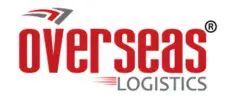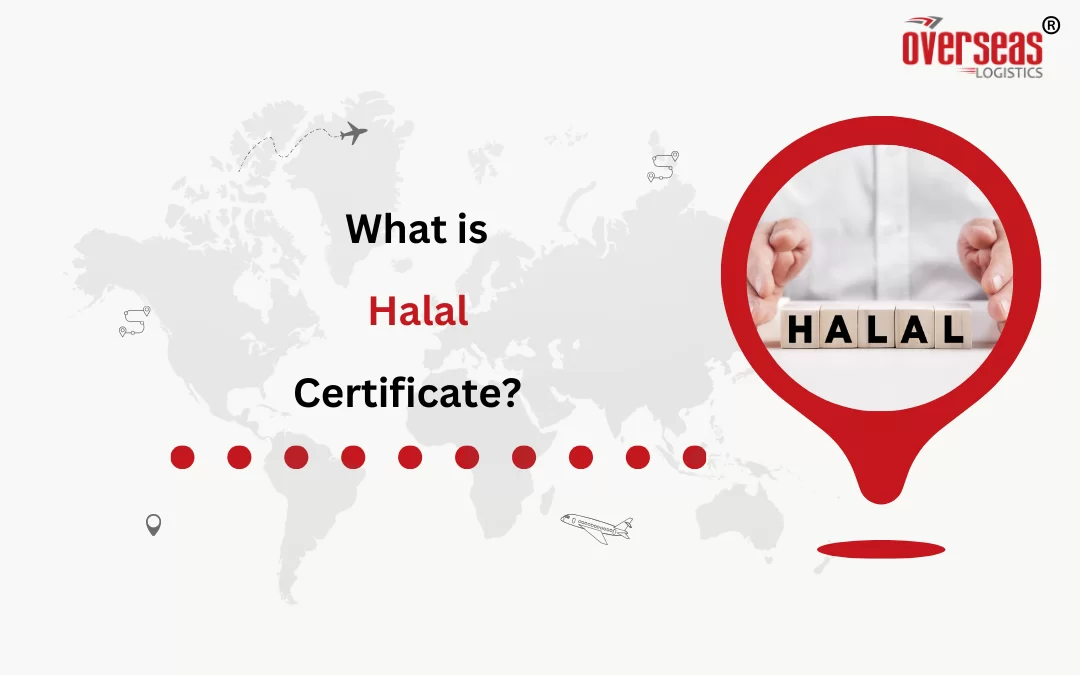Introduction to Halal Certification in Logistics
In the realm of global trade and commerce, the concept of halal certification holds significant importance, particularly in logistics. Halal, an Arabic term meaning “permissible” or “lawful,” refers to goods and services permissible according to Islamic law. The certification ensures that products comply with Islamic dietary laws and ethical standards, making them suitable for consumption by Muslims.
Understanding Halal Certification
What is Halal?
Halal encompasses various aspects of life, including food, beverages, cosmetics, pharmaceuticals, and financial transactions. In the context of logistics, it primarily pertains to the transportation, storage, and handling of goods in a manner that aligns with Islamic principles.
Importance of Halal Certification
Halal certification serves as a mark of authenticity and quality assurance for Muslim consumers. It signifies that the products have been produced, processed, and distributed per Islamic guidelines, thus meeting the religious and cultural requirements of the Muslim community.
Halal Certification in the Logistics Industry
Significance in Supply Chain Management
Halal logistics involves the entire supply chain process, from sourcing raw materials to delivering finished products to consumers. It encompasses transportation, warehousing, packaging, and distribution while adhering to halal principles at every stage.
Halal Logistics: A Growing Trend
The demand for halal-certified products is on the rise globally in international courier services, driven by the increasing Muslim population and growing awareness of halal standards. As a result, logistics companies are adapting their operations to cater to this niche market segment, offering specialized halal logistics services.
Goods Requiring Halal Certification
Halal certification is particularly essential for certain categories of goods, including:
- Food Products: Such as meat, poultry, dairy, grains, and processed foods.
- Pharmaceuticals: Including medicines, vitamins, and healthcare products.
- Cosmetics: Such as skincare, makeup, and personal hygiene products.
- Personal Care Products: Including soaps, shampoos, and perfumes.
- Other Consumer Goods: Such as clothing, household items, and Islamic artifacts.
Halal Certification Process
The process of obtaining halal certification typically involves the following steps:
- Assessment and Application: The company seeking certification applies to a recognized halal certification body, providing details of its products and manufacturing processes.
- Inspection and Audit: Halal auditors conduct on-site inspections of the facilities to ensure compliance with halal requirements, including sourcing, handling, and storage practices.
- Certification Issuance: Upon successful completion of the audit, the certification body issues a halal certificate, affirming that the products meet the stipulated halal standards.
Benefits of Halal Certification in Logistics
- Access to Muslim Markets: Halal certification enables companies to access lucrative Muslim markets worldwide, expanding their customer base and revenue potential.
- Enhanced Reputation and Trust: Halal-certified products are perceived as more trustworthy and reliable by Muslim consumers, leading to increased brand loyalty and market competitiveness.
- Compliance with Religious and Ethical Standards: Halal certification demonstrates a company’s commitment to ethical and religious values, fostering goodwill and social responsibility.
Challenges in Obtaining Halal Certification
Despite its benefits, obtaining halal certification poses several challenges for businesses, including:
- Stringent Requirements: Halal certification involves strict adherence to Islamic dietary laws and procedural guidelines, which may require significant adjustments to existing practices.
- Cost Considerations: The certification process incurs expenses related to application fees, audits, and compliance measures, which can be prohibitive for small and medium-sized enterprises.
- Supply Chain Complexity: Ensuring the halal integrity of products throughout the supply chain can be challenging, especially when dealing with multiple suppliers and distribution channels.
Future Trends in Halal Logistics
The future of halal logistics is marked by several key trends:
- Technological Advancements: Innovations in tracking, tracing, and monitoring technologies will enhance transparency and accountability in halal supply chains.
- Global Standardization: Efforts to standardize halal certification procedures and criteria will facilitate trade and promote consumer confidence in halal products.
- Sustainability and Ethical Practices: There is a growing emphasis on sustainability and ethical practices within the halal industry, driven by consumer demand for environmentally friendly and socially responsible products.
Conclusion
In conclusion, halal certification plays a crucial role in the logistics industry, ensuring the integrity and authenticity of products for Muslim consumers worldwide. While it presents challenges for businesses, the benefits of halal certification in accessing new markets and building trust far outweigh the costs. As the demand for halal products continues to grow, companies must prioritize compliance with halal standards to remain competitive in the global marketplace.
FAQs
What is the significance of halal certification in logistics?
Halal certification holds significant importance in logistics as it ensures that products comply with Islamic dietary laws and ethical standards throughout the supply chain. This certification assures Muslim consumers that the products they purchase have been produced, processed, and handled in a manner that aligns with their religious beliefs. It helps maintain the integrity and authenticity of halal products, fostering trust between producers, distributors, and consumers.
Which industries require halal certification for their products?
Several industries require halal certification for their products, including:
- Food and beverage industry, covering meat, poultry, dairy, grains, and processed foods.
- Pharmaceuticals and healthcare industry, including medicines, vitamins, and healthcare products.
- Cosmetics and personal care industry, encompassing skincare, makeup, and personal hygiene products.
- Other consumer goods industries, such as clothing, household items, and Islamic artifacts.
What are the main steps involved in obtaining halal certification?
The main steps involved in obtaining halal certification include:
- Assessment and Application: Companies apply to a recognized halal certification body, providing details of their products and manufacturing processes.
- Inspection and Audit: Halal auditors conduct on-site inspections of the facilities to ensure compliance with halal requirements, including sourcing, handling, and storage practices.
- Certification Issuance: Upon successful completion of the audit, the certification body issues a halal certificate, affirming that the products meet the stipulated halal standards.
How does halal certification benefit businesses in the logistics sector?
Halal certification benefits businesses in the logistics sector in several ways:
- Access to Muslim markets: Halal certification enables companies to tap into lucrative Muslim markets worldwide, expanding their customer base and revenue potential.
- Enhanced reputation and trust: Halal-certified products are perceived as more trustworthy and reliable by Muslim consumers, leading to increased brand loyalty and market competitiveness.
- Compliance with religious and ethical standards: Halal certification demonstrates a company’s commitment to ethical and religious values, enhancing its reputation and social responsibility.
What are the future trends shaping the halal logistics industry?
The future trends shaping the halal logistics industry include:
- Technological advancements: Innovations in tracking, tracing, and monitoring technologies will enhance transparency and accountability in halal supply chains.
- Global standardization: Efforts to standardize halal certification procedures and criteria will facilitate trade and promote consumer confidence in halal products.
- Sustainability and ethical practices: There is a growing emphasis on sustainability and ethical practices within the halal industry, driven by consumer demand for environmentally friendly and socially responsible products.

